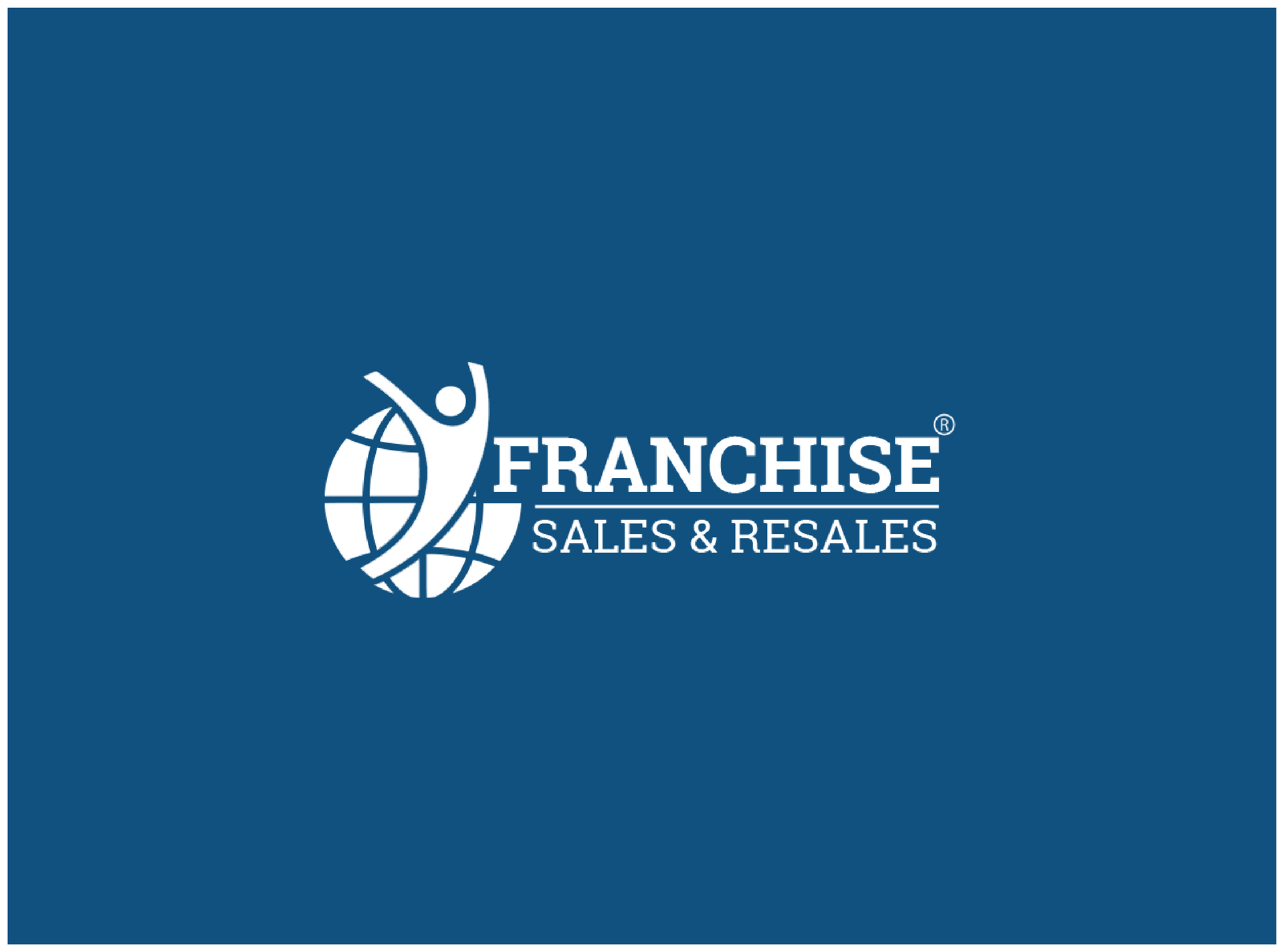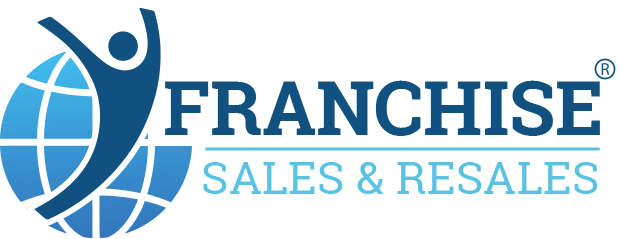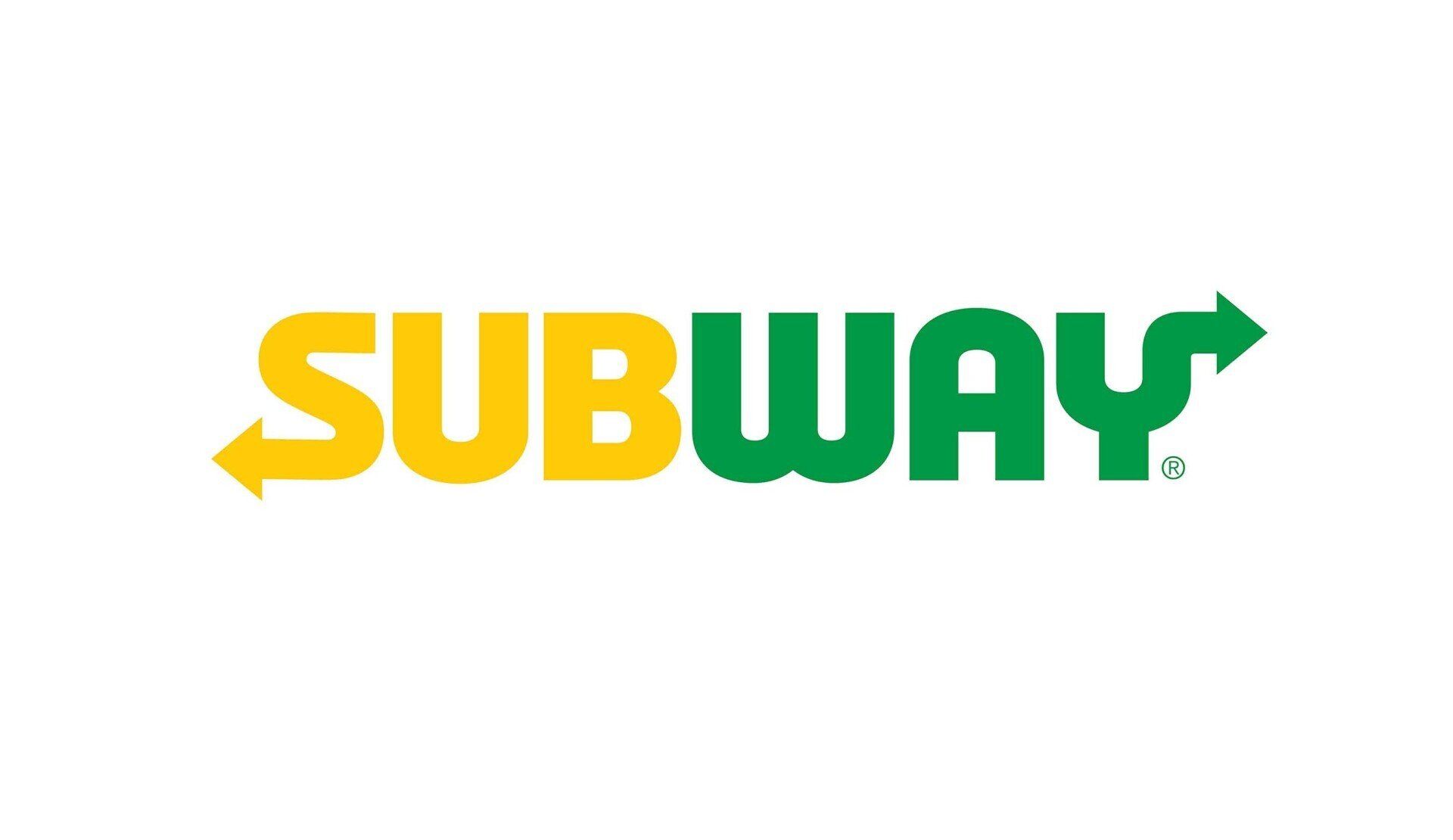We specialise in Franchise Sales and Resales across the UK and Internationally. Call our team today on 01462 685633 for an initial consultation.
What to Consider When Selling Your Franchise: Maximising Value




Slide title
After being in Subway for almost 15 years, having a solid group of high turnover stores and responsible for a team of 90 plus staff, I decided I wanted to sell my group of stores. After discussions with Subway Development Agent, Jess at Franchise Sales & Resales was recommended as someone who could help with my group resale.
From the initial interaction with Jess to the final sale of the business, I was kept fully informed and updated at all times. Jess liaised with all the major stakeholders ie Solicitors, Subway and buyer to ensure a smooth process and assisted in any questions that they had, Jess was highly professional and had a vast knowledge on how the Franchise business worked making the whole process simple and efficient.
I would highly recommend Jess’s services to anyone looking to sell or buy a business.
Ama Mandeir
Slide title
“I bought a retail franchise with a turnover of just under £2 million. Jess Bains was the franchise resale consultant who guided me through the resale process. The resale took much longer than we had anticipated; however, with Jess’s experience and guidance, we managed to conclude the deal. Without him, I think there was a strong possibility that the resale would have collapsed. I would recommend Jess to anyone thinking of buying and selling a franchise. I am now the proud owner of a multi-million pound franchise business.”
Anil Lakhi
Slide title
“Jess Baines Franchise Resales Consultant has been most helpful and supportive in helping me find a franchise business that suited me. I approached Jess with an interest in a Cash Converters franchise and Jess quickly identified my needs and approached his contacts at the franchise. He provided information about me and based on their experience of working with Jess, they informed him of an opportunity that was not available on the open market at that time. Jess made all the arrangements to meet the seller and he later arranged for me to meet the management team at Cash Converters. Jess was able to help guide everyone through the whole buying/selling process – his experience was vital at times, acting as a liaison between buyer, seller and Cash Converters. Jess was always professional, courteous and knowledgeable, but above all that he was a friend as well. I have to say that without Jess the purchase might not have gone through. So, thank you Jess for all your help and hard work.”
Ajaz Saber
Slide title
“When we originally bought our franchise we had intended to move closer to our business, unfortunately due to personal reasons this was no longer possible. So we decided to sell. Jess Bains was our Franchise Resale Consultant. From our very first meeting with Jess, right the way through to completion, Jess’s experience was invaluable, Jess’s advice, guidance and knowledge was the difference from us completing to the resale collapsing. We highly recommend Jess Bains Franchise Resales Consultant.”
John & Janice
Slide title
“As a successful mult-sight petrol retail operator I wanted to get involved in the franchise industry. I came across Subway Resales advertised by Franchise Sales & Resales, after discussions with Jess Bains. Jess knew exactly what I was looking to do and what my investment criteria was and with his help, advice and guidance, I am now a Subway multi-unit franchisee (which is in addition to my existing portfolio of businesses). Jess and I continue to work closely together adding more franchise businesses to my portfolio and his support and guidance is highly valued.”
Kunal Patel
Slide title
"I am very pleased and greateful for the service provided by Jess Bains of Franchise Sales & Resales during the resale of my SUBWAY store in Aylesbury. Jess was extremely professional, well mannered and patientent through the whole process and was able to secure a very competitive price for my store. His knowledge and experience in the Franchise world is vast and a reason for why he can successfully sell on Franchises to new prospective franchisees, allowing the process to be a stress free experience. I would definitely recommend Jess to everyone out there looking to resell their franchise and would recommend they use his services if they want to achieve the best price for their franchise."
Chris Seymour
Slide title
"My journey in franchising started fifteen years ago, i started off as a single Subway unit franchisee and grew into a multi unit store franchisee, with a team of sixty staff and seven stores. After achieving most of my goals within the Subway franchise brand and having many priceless experiences with in the franchise, I decided to sell my stores. Jess was recommend to us by a friend. From our initially meeting and discussions with Jess, everything he said was absolutely spot on. The resale process can be very roller coaster and we needed someone impartial, experienced and someone that understood franchising and resales. Whilst we experienced some challenges, and even when some deals collapsed, Jess made sure we were back on track and ensured a successfully completion. We highly recommend Jess and his services."
Vaishalli Patel
Slide title
"I met Jess some 4 fours ago, when I was trying to sell my Subway stores, I did want to pay for his services and I tried to sell the stores, only when Jess was recommended to me again, that I made contact with him again.
Everything he said about the franchise resales process was absolutly 100 percent acurate, Jess has assisted me in the resale of four of my Subway stores as well as assisting with me with my other business resale too.
We have got on so well that we will be working on other projects going forward. I highly recommend anyone thinking selling their franchise or someone interested in owning a good business to use Jess’s services."
Manish Dattani
Slide title
"Franchise Sales & Resales have been a fantastic Company to work with, especially Jess. He guided and advised our Company through two Resales; one a single unit, the other a multi-unit. In each of these his knowledge and experience was vital. Without it, neither would have completed. He made the process manageable and was always on hand to advise. Can’t recommend Franchise Sales & Resales highly enough."
Mike Ormerod

Slide title
“I bought a retail franchise with a turnover of just under £2 million. Jess Bains was the franchise resale consultant who guided me through the resale process. The resale took much longer than we had anticipated; however, with Jess’s experience and guidance, we managed to conclude the deal. Without him, I think there was a strong possibility that the resale would have collapsed. I would recommend Jess to anyone thinking of buying and selling a franchise. I am now the proud owner of a multi-million pound franchise business.”
Anil Lakhi
Slide title
“Jess Baines Franchise Resales Consultant has been most helpful and supportive in helping me find a franchise business that suited me. I approached Jess with an interest in a Cash Converters franchise and Jess quickly identified my needs and approached his contacts at the franchise.
Jess made all the arrangements to meet the seller and he later arranged for me to meet the management team at Cash Converters.
I have to say that without Jess the purchase might not have gone through. So, thank you Jess for all your help and hard work.”
Ajaz Saber
Slide title
“When we originally bought our franchise we had intended to move closer to our business, unfortunately due to personal reasons this was no longer possible. So we decided to sell. Jess Bains was our Franchise Resale Consultant. From our very first meeting with Jess, right the way through to completion, Jess’s experience was invaluable, Jess’s advice, guidance and knowledge was the difference from us completing to the resale collapsing. We highly recommend Jess Bains Franchise Resales Consultant.”
John & Janice
Slide title
“As a successful mult-sight petrol retail operator I wanted to get involved in the franchise industry. I came across Subway Resales advertised by Franchise Sales & Resales, after discussions with Jess Bains. Jess knew exactly what I was looking to do and what my investment criteria was and with his help, advice and guidance, I am now a Subway multi-unit franchisee (which is in addition to my existing portfolio of businesses). Jess and I continue to work closely together adding more franchise businesses to my portfolio and his support and guidance is highly valued.”
Kunal Patel
Slide title
"I am very pleased and greateful for the service provided by Jess Bains of Franchise Sales & Resales during the resale of my SUBWAY store in Aylesbury. Jess was extremely professional, well mannered and patientent through the whole process and was able to secure a very competitive price for my store. His knowledge and experience in the Franchise world is vast and a reason for why he can successfully sell on Franchises to new prospective franchisees, allowing the process to be a stress free experience. I would definitely recommend Jess to everyone out there looking to resell their franchise."
Chris Seymour
Slide title
"My journey in franchising started fifteen years ago, I started off as a single Subway unit franchisee and grew into a multi unit store franchisee, with a team of sixty staff and seven stores. After achieving most of my goals within the Subway franchise brand and having many priceless experiences with in the franchise, I decided to sell my stores. Jess was recommend to us by a friend. From our initially meeting and discussions with Jess, everything he said was absolutely spot on.
We highly recommend Jess and his services."
Vaishalli Patel
Slide title
"I met Jess some 4 fours ago, when I was trying to sell my Subway stores, I did want to pay for his services and I tried to sell the stores, only when Jess was recommended to me again, that I made contact with him again.
We have got on so well that we will be working on other projects going forward. I highly recommend anyone thinking selling their franchise or someone interested in owning a good business to use Jess’s services."
Manish Dattani
Slide title
"Franchise Sales & Resales have been a fantastic Company to work with, especially Jess. He guided and advised our Company through two Resales; one a single unit, the other a multi-unit. In each of these his knowledge and experience was vital. Without it, neither would have completed. He made the process manageable and was always on hand to advise. Can’t recommend Franchise Sales & Resales highly enough."
Mike Ormerod
Request further information
Simply fill in your details and we will get back to you to discuss your requirement.
Request further information
Contact Us
Thanks for contacting us!
We will get back to you soon.
Please try again later.

Franchise Sales & Resales
58 Baldock Road
Letchworth Garden City
Herts
SG6 2EE
01462 685633
info@franchisesalesandresales.com
All Rights Reserved | Franchise Sales & Resales



